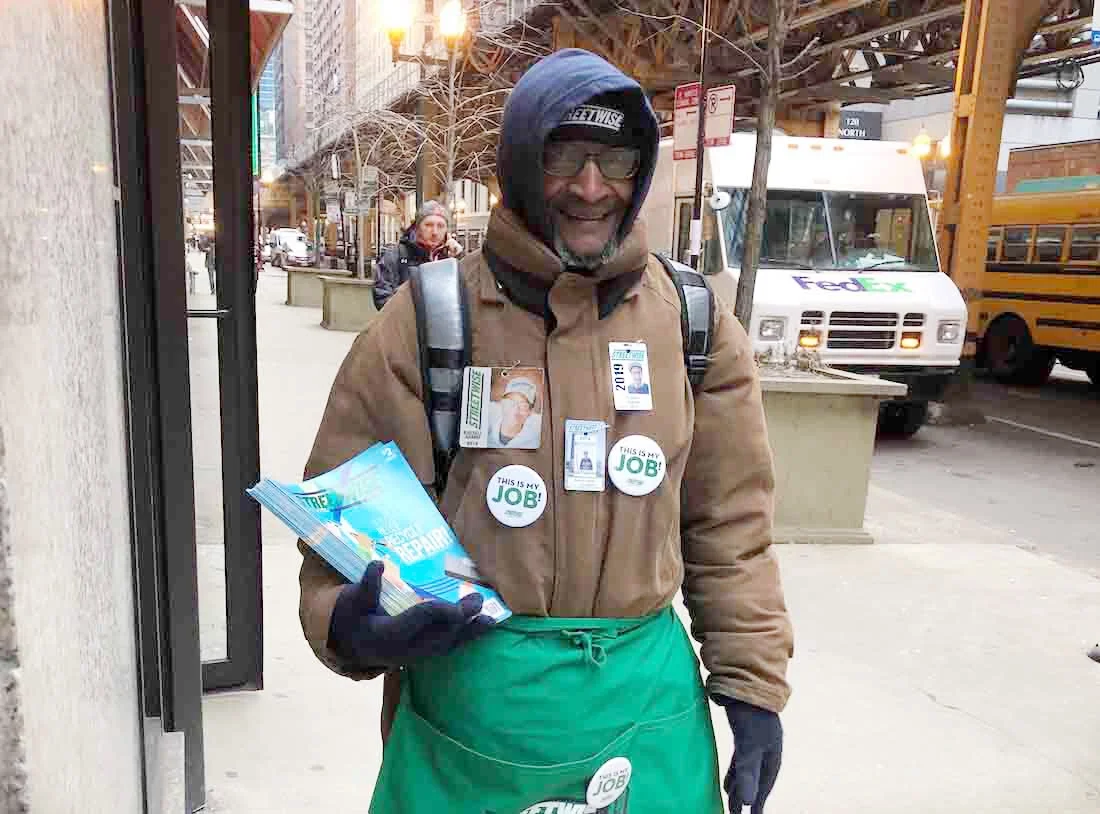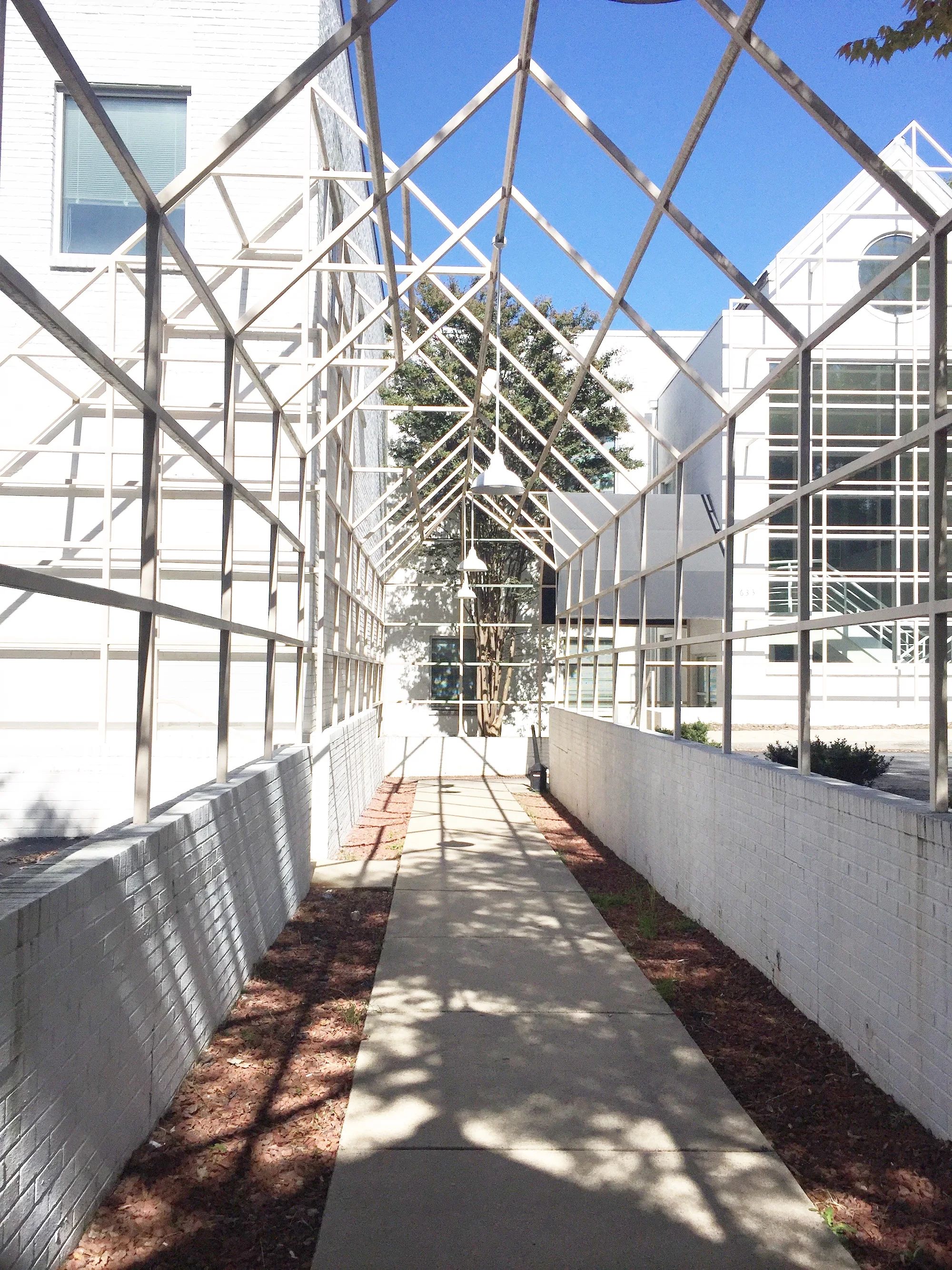Why the Refugee Crisis is Our Responsibility Too
I’m spending a month in Italy for an international reporting class, and this past week we covered immigration in Europe and the refugee crisis. It was indescribable to hear the stories of just a few of the hundreds of thousands of people that have been forced to seek refuge in Europe.
Many people are aware of what’s happening, but don’t really have a true understanding of the situation, so I’m hoping to shed some light on the subject.
The first thing people usually mix up is the difference between a refugee and a migrant:
Migrant: a person who moves from their home to improve their lives by finding work, education, or reuniting with their family. They can freely return home and receive protection from their own government.
Refugee: someone who is unable to return to their country due to armed conflict or a well founded fear of persecution for race, religion, nationality, political opinion, or membership of a particular social group.
This distinction is important because many people argue against letting immigrants into the country because “they’ll take our jobs.” First of all… Refugees are running for their lives, so they aren’t on a mission to take your job; they are on a mission to stay alive. Secondly, the jobs they are taking are the ones that no one else is doing to begin with.
Jacquelyn Pavilon, the Communications Director for the Jesuit Refugee Service in Rome, said, “80 percent of refugees are self-sustaining, so it’s xenophobia that is to blame.”
There is so much fear associated with immigration, and that’s due to racism and xenophobia, or dislike of people from other countries.
She made several other excellent points that really put the refugee and terrorist misconceptions in context as well.
Many Americans argue that we should keep refugees out because we don’t want terrorism in our country. OK. Going off that logic, that would imply that the terrorists are coming into countries on tiny boats packed with 200 other people, loaded with their guns and ammunition.
Not to freak you out, but that’s really not the case. Terrorist organizations are usually pretty wealthy, so they aren’t going to send their guys in on refugee boats, which may or may not even make it to the final destination. They are sending them in with temporary visas the same way you and I travel. I say this not to scare you, but because it’s not fair to punish the thousands of people running for their lives based on a wrong assumption about how the bad guys are getting in.
If an individual was running away from an explosion or a shooting, you would let them into your home. The problem is, instead of looking at each refugee as a person with a story, a fellow human, we look at them as a collective group and lose sight of the humanity there. We close our doors, and tell them go somewhere else.
Maybe you agree with this, but you don’t know how one person can make a difference in this huge global responsibility. You can change the language. Not seeing refugees as a “them” or an “other” is so important. People see “refugee” as a dirty word, but refugees are no different than any of us.
The only difference is that at this moment they are in need of help. The question is whether you’re willing to help them.
If there’s one thing I learned meeting refugees this past week, it’s that this could literally happen to anyone. Some of these people were working on their master's, had huge families, had full lives, and all of it was taken away in an instant.
The takeaway here is that it is a responsibility, not a burden, to help refugees, and if the roles were reversed, you would want someone looking out for you, so it is up to us to do the same for them.






